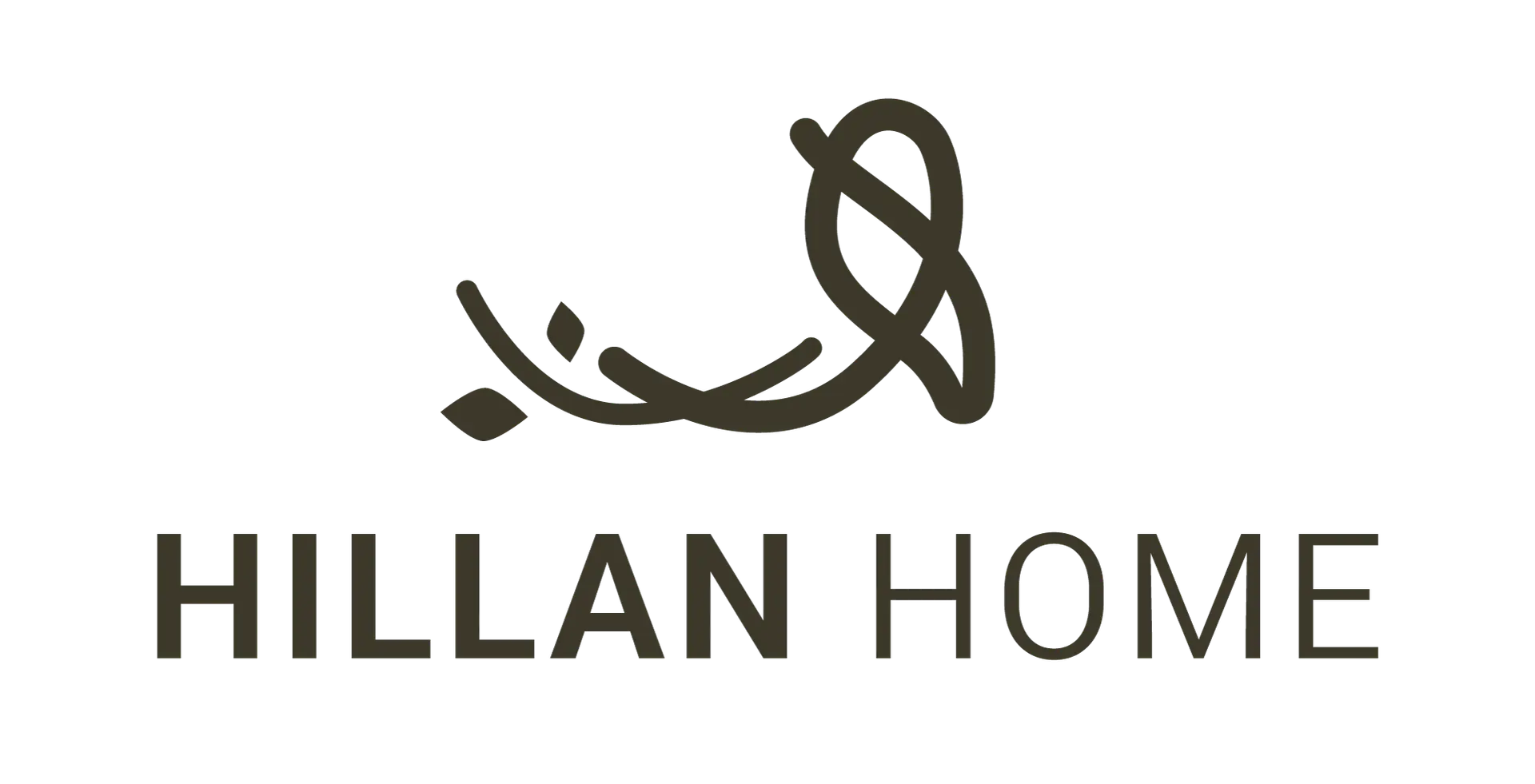The Role Of Your Lawyer Your lawyer’s job is to certify good and marketable title to the property, free of encumbrances, liens and judgments.Your RE/MAX Hallmark REALTOR® will deliver all documentation related to the sale to your lawyer. Registering The Mortgage The lawyer receives instructions from the mortgage company, prepares the draft mortgage document, forwards the draft to the lender, makes amendments if required and arranges for you to sign the documents. The mortgage company then releases the funds to your lawyer. Some lenders prefer to pay the property taxes on your behalf to ensure the taxes are never in arrears. In this case, the mortgagee will hold back a certain amount from theadvance on closing to start a tax account. Your payment will include the taxes in addition to the regular principal in interest. Check with your mortgage representative to see how your taxes will be handled. Insurance You are required to place fire insurance on the property.The coverage should be for at least the amount of the mortgage to be acceptable to the mortgagee. A guaranteed replacement clause is usually acceptable and must take effect on the closing date. Statement Of Adjustments The closing balance to be paid by the Buyer is “subject to the usual adjustments.” The statement of adjustments is a system of credits and debits whereby amounts are added to or subtracted from the balance to be paid by the Buyer, depending on whether or not the Seller has paid certain items in advance. Legal Fees A lawyer will usually charge between $750 and $1,000, plus disbursements, for a straightforward real estate transaction.This is payable prior to closing. Land Transfer Tax Payable by the Buyer on closing, the tax is based on the purchase price. Day Of Closing The lawyers or clerks exchange documents and funds to close the transaction. You can expect to get access to your new home by late afternoon on that day, but check with your lawyer. Changing locks is recommended after closing as a safety precaution. If you have any dead-bolt locks on your doors, it is a simple matter to remove the cylinder and replace it with a new one.
